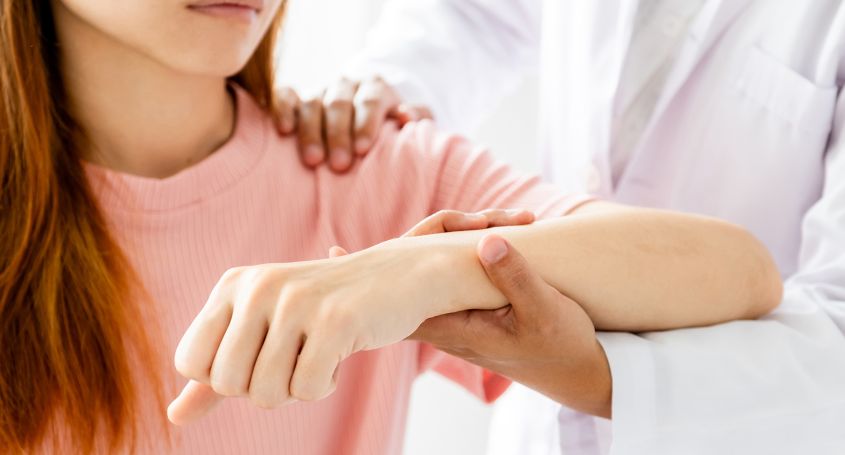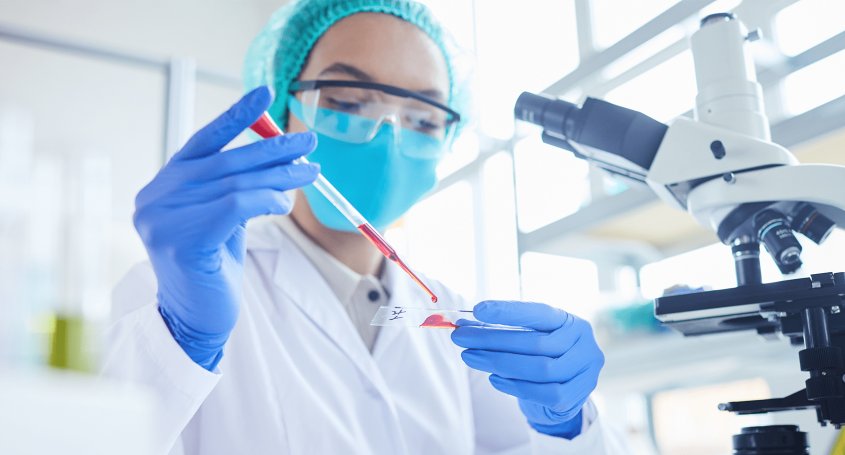Sometimes when you finally decide that it is time to get pregnant and become a mother, there may be certain factors that make it more difficult or prevent a natural pregnancy. But which are they?
What are the main causes of infertility?
In Spain, around 800,000 couples suffer infertility problems. The causes are distributed among men (30%), women (30%), both (20%) or even - in rare cases - the cause can be inexplicable (20 %).
In 80% of cases, female infertility is due to:
- Advanced age: from 35 years old the reproductive potential decreases, and after 40 years old the possibility of pregnancy is less than 10%.
- Endometriosis: when a part of the uterine tissue goes outside the uterus.
- Fallopian tubes: when they have some type of injury.
- Other risk factors:
- Sexually transmitted diseases
- Chronic diseases (diabetes, cancer, thyroid, depression)
- Myomas
- Drugs such as antidepressants
In men, the main causes are usually:
- Alterations in the genital tract (which may make it impossible to deposit the semen deep in the vagina during intercourse).
- Erection problems.
- Very pronounced curvature of the penis or great decrease in it.
- Alterations in the production of semen (decrease in quality and quantity).
- Extreme obesity.
In any case, if the moment comes when you decide that you want to be a mother and you are encountering difficulties, at Barcelona IVF we will be happy to help you.















